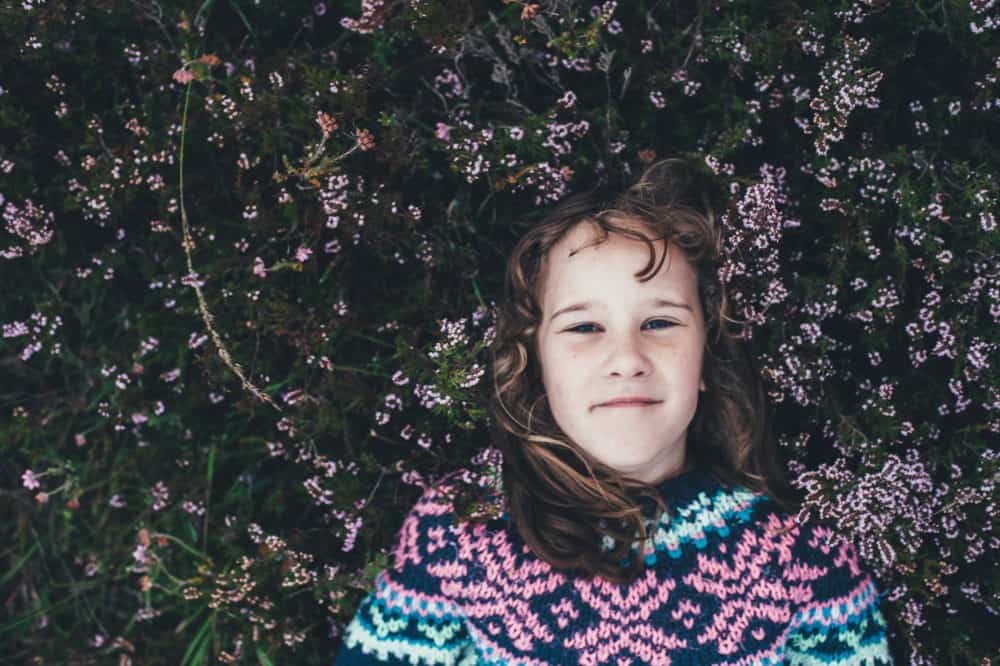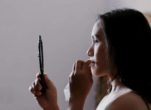
Healthy Transitions for Girls
I am a licensed mental health counselor and a grandmother who specializes in helping girls. Before that, I was a full-time mother to five daughters. Not only was my house filled with girls—it was filled with their friends. I love these girls, every one of them. I loved being part of their growing-up experiences, their ups and their downs.
My mother’s heart and my counselor’s mind were increasingly alarmed by warning signs I saw in girls who were outwardly successful and happy. They had good grades. They had high goals. They were lovely and talented. Inwardly, they had tremendous anxiety. They had stomach problems. They had chronic fatigue. They pushed themselves very hard with self-criticism. They felt lonely, and sometimes depressed. They had a nagging sense that they didn’t measure up. My curriculum, Healthy Transitions for Girls®, was birthed from my love for girls.
I spent ten years researching, writing, learning, and obtaining credentials. I prepared myself to understand the hows and whys of helping girls. Struggling to finish the project (a 294-page book and 66-page workbook), I implored my husband to drive our travel trailer to a secluded lake. For nine long days, I labored. This was a surprisingly soulful experience. As I wrestled with ideas, I could feel the cries of girls calling to my heart, “Please help me.” These impressions came as if I were having individual conversations, yet they also felt like a collective voice. (Undoubtedly, one of these voices was my own middle-school self.) While illuminating, the experience was emotionally painful. I had to stop frequently and immerse myself in the healing beauty of my lakeside paradise.
These voices guided my understanding and my choice of concepts and activities. I learned that the moment a girl begins to experience the changes of puberty, she is bombarded with cultural images about her changing body, messages that are at odds with her deepest spiritual self. If a girl’s body is represented as a house, she has abandoned the spacious rooms and lives cloistered in the attic. Like my trauma clients, growing girls develop a psychological “disconnection” from their bodies. Girls today are being “traumatized” by the cultural images of “success” they are pushing so hard to obtain.
After my book was complete, a doctor friend who specializes in women’s issues asked me, “Why do so many of my teenage female patients have blood pressures that bottom out when they stand up?” I replied that medically, I wasn’t qualified to answer the question. As a mother and a counselor, my response was, “Spiritually, they are dying.”
Healthy Transitions for Girls helps girls to develop positive body image during the critical window of ages 8 to 14, when their bodies are changing. Positive body image is a big deal! Scientifically, we know that how a girl feels about her body affects every area of her life for the rest of her life. Body image is the greatest single predictor of self-esteem. Girls with positive body image resist substance abuse, eating disorders, depression, unhealthy dating relationships, risky sexual behavior, “girl drama,” and bullying. Healthy Transitions for Girls is the “essential prevention tool.” It helps girls navigate the minefield of toxic cultural messages and find a path to their truest selves.
Healthy Transitions for Girls challenges the superwoman stereotype. Science has told us that the notion that women can “have it all and have it all right now” drives eating disorders and other serious health issues. The pressure to compete with men and fill men’s roles has taught girls that there is really nothing special about being a girl. I believe that girls’ changing biology is designed to prepare them for nurturing and mothering and that “traditional” roles of wife and mother can’t be relegated to an afterthought on a brightly lit career path.
Girls who are taught to devalue motherhood do not value the reproductive changes occurring in their bodies. In their minds, if reproduction is not valuable, then breasts and thighs are simply objects that attract sexual attention. They need more than the biological explanation offered in health class. They need to acknowledge and awaken their powerful maternal natures and begin first to care for themselves. Nurturing, compassion, and tenderness, as they are uniquely expressed by women, need to be seen as power tools. Indeed, aren’t these the very qualities our world needs most today?
The Healthy Transitions for Girls curriculum helps parents and professionals become experts on the girls they love. It helps parents to build better relationships with their daughters and share skills as challenges arise. It provides complete workshop plans for both a 12-week workshop series and a 3-week summer workshop series for use in schools and agencies, including faith-based organizations. I wanted to create a resource for anyone who has a growing girl in their life.
Healthy Transitions for Girls reflects my perspective as a 60-year-old woman who has seen generations of girls grow to adulthood and who has lived long enough to reflect deeply upon my own experience. My book backs up good “old-fashioned” values with science. It speaks to the hearts and minds of girls. It is wisdom from the past, a practical remedy for the present, and a heartfelt plea for the future.
Join our #lovethegirl movement on Instagram and Facebook. Help us flood the world with positive messages about growing up and why it’s special to be a girl.
Note from the Women For One team: For another perspective on empowering young women and girls, listen to Kelly’s interview with Regena “Mama Gena” Thomashauer.










1 comment to "Healthy Transitions for Girls"